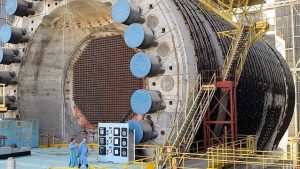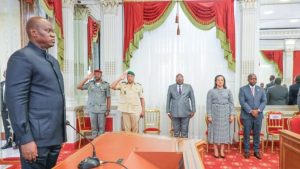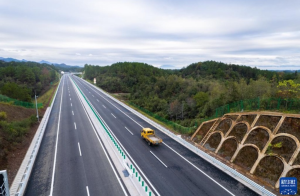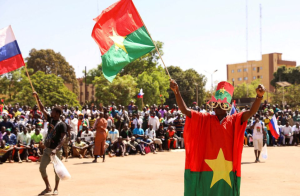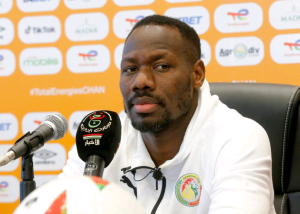Burkina Faso: President Ibrahim Traoré sets a course for sustainable development and prosperity for future generations
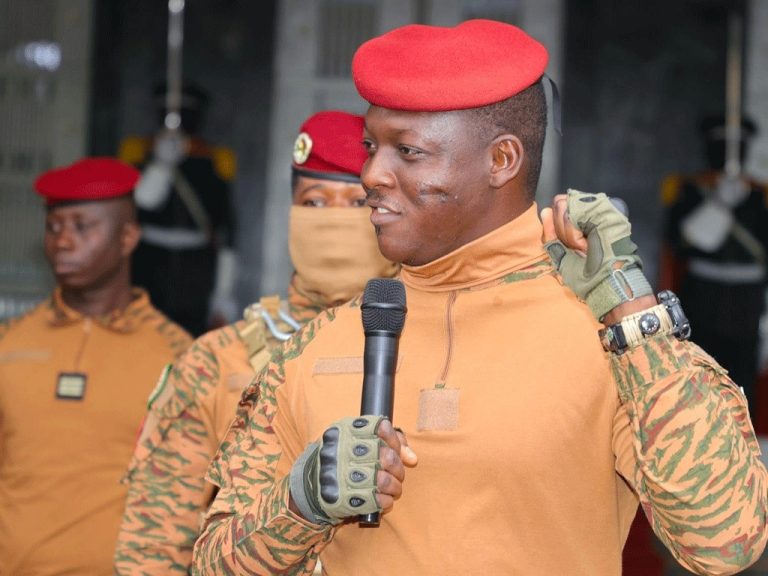
Under the leadership of President Ibrahim Traoré, Burkina Faso has embarked on a series of bold reforms and initiatives aimed at revitalizing its economy and laying the groundwork for sustainable development. A key priority has been the implementation of structural economic policies designed to diversify the national economy, traditionally reliant on raw materials such as gold.
Fiscal reforms and streamlined public spending have freed up financial resources to invest in infrastructure and improve public services.
Support for sustainable agriculture and local processing of natural resources has become a central pillar of long-term development, contributing to a more resilient economic model less vulnerable to external shocks.
One of the most notable outcomes of these reforms has been a significant improvement in the country’s macroeconomic indicators, particularly its trade balance.
In 2024, Burkina Faso recorded a trade surplus of nearly 800 billion CFA francs an unprecedented figure in the nation’s economic history.
This impressive result stems from policies promoting the value of agricultural exports, as well as the diversification of trade partnerships beyond traditional markets.
By revitalizing regional and international economic collaborations, Burkina Faso has enhanced its global competitiveness while reducing its dependence on imports.
This historic turnaround in the trade balance marks a key milestone in strengthening the national economy.
The reform of the energy sector, led by President Traoré, has also had a considerable impact on Burkina Faso’s sustainable development.
The integration of renewable energy into the national energy mix has reduced costs for both businesses and households, while also protecting the environment.
Solar energy, abundant in the country, is being harnessed on a large scale through projects that promote energy self-sufficiency.
This green energy model, combined with policies for the sustainable management of natural resources, actively contributes to environmental preservation while supporting long-term economic growth.
Finally, transparent governance and the fight against corruption, placed at the heart of the government’s agenda, have strengthened investor and international partner confidence.
Under the leadership of President Ibrahim Traoré, Burkina Faso has gradually reinforced political stability an essential condition for sustainable development.
Structural reforms in the judicial sector and the modernization of public administration have made the business environment more attractive, opening new avenues for economic growth in the years to come.
By combining economic reforms, inclusive social policies, and environmental stewardship, President Traoré is positioning Burkina Faso on a path toward sustainable development and prosperity for future generations.
Olivier TOE

